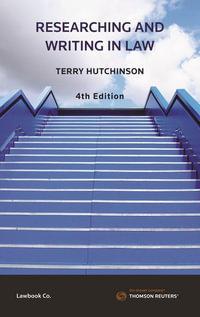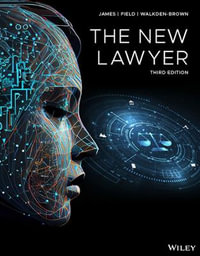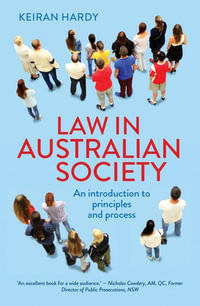
The Rule of Law and Automated Decision-Making
Exploring Fundamentals of Algorithmic Governance
By: Markku Suksi (Editor)
Hardcover | 25 July 2023
At a Glance
Hardcover
Limited Stock Available
$243.25
or
In Stock and Aims to ship in 1-2 business days
When will this arrive by?
ISBN: 9783031301414
ISBN-10: 3031301412
Published: 25th July 2023
Format: Hardcover
Language: English
Number of Pages: 232
Audience: Professional and Scholarly
Publisher: Springer Nature B.V.
Country of Publication: CH
Dimensions (cm): 24 x 16.5 x 2
Weight (kg): 0.51
Shipping
| Standard Shipping | Express Shipping | |
|---|---|---|
| Metro postcodes: | $9.99 | $14.95 |
| Regional postcodes: | $9.99 | $14.95 |
| Rural postcodes: | $9.99 | $14.95 |
How to return your order
At Booktopia, we offer hassle-free returns in accordance with our returns policy. If you wish to return an item, please get in touch with Booktopia Customer Care.
Additional postage charges may be applicable.
Defective items
If there is a problem with any of the items received for your order then the Booktopia Customer Care team is ready to assist you.
For more info please visit our Help Centre.























